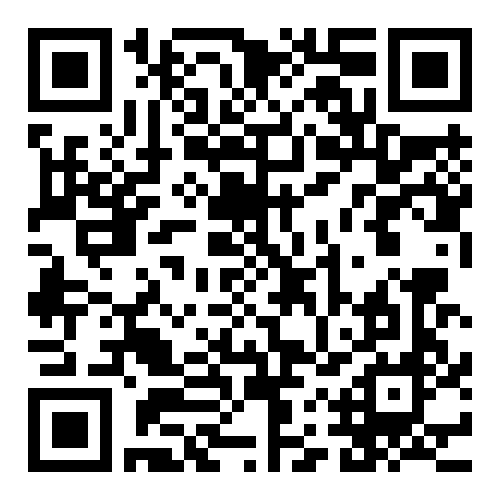|
Report Delivery
1 Day
|
Free Sample Collection
Bookings above 500
|
|
Pre - Instruction
8 HOURS FASTING
|
Covid Safety
Assured
|
|
| Test Details |
| Test Code |
BOBT00767 |
| Test Category |
Package |
| Sample Type |
Blood, Urine |
|
Details of INAUGURAL PACKAGE - ESSENTIAL
Fasting Blood Glucose
Fasting blood glucose is a test that measures the level of glucose in your blood after an overnight fast of at least 8 hours. This test is essential for assessing how well your body manages blood sugar levels and is commonly used to diagnose and monitor diabetes and prediabetes. Normal fasting blood glucose levels typically range from 70 to 99 mg/dL. Levels between 100 and 125 mg/dL indicate prediabetes, while a reading of 126 mg/dL or higher on two separate tests suggests diabetes. The test is simple and quick, requiring only a blood sample, and it helps healthcare providers determine the best approach to managing blood sugar and overall health. Regular monitoring of fasting blood glucose is crucial for those at risk of or living with diabetes to prevent complications and ensure effective management.
Liver Function Test (LFT)
A Liver Function Test (LFT) is a crucial diagnostic tool that evaluates the health and functionality of the liver by measuring various enzymes, proteins, and substances produced or processed by this vital organ. Key components of the LFT include alanine aminotransferase (ALT) and aspartate aminotransferase (AST), both of which indicate liver damage or inflammation when elevated. Alkaline phosphatase (ALP) is measured to assess bile duct function, with high levels potentially signaling obstruction or liver disease. Bilirubin, both total and direct, is also analyzed, as elevated bilirubin levels can indicate liver dysfunction or hemolysis. Additionally, the test measures albumin, a protein produced by the liver, with low levels suggesting liver impairment. By analyzing these parameters, healthcare providers can diagnose various liver conditions, monitor disease progression, and evaluate treatment efficacy, making LFTs essential for managing liver health.
Renal Function Test without Urine Routine (RFT)
A Renal Function Test (RFT) without a urine routine is a blood test that assesses the kidneys' ability to filter waste products from the blood and maintain overall fluid and electrolyte balance. Key components of the RFT include blood urea nitrogen (BUN) and creatinine levels, which are critical indicators of kidney health. Elevated BUN levels can suggest dehydration or impaired kidney function, while high creatinine levels typically indicate reduced kidney filtration capability. The test also calculates the estimated glomerular filtration rate (eGFR), providing an estimate of how well the kidneys are functioning based on creatinine levels, age, sex, and sometimes race. Normal eGFR values generally exceed 60 mL/min/1.73 m²; lower values indicate possible kidney disease. By evaluating these parameters, RFTs help diagnose conditions such as chronic kidney disease, monitor disease progression, and guide treatment decisions, making them essential for managing renal health.
Thyroid Stimulating Hormone (TSH)
Thyroid Stimulating Hormone (TSH) is a critical hormone produced by the pituitary gland that regulates the production of thyroid hormones, primarily thyroxine (T4) and triiodothyronine (T3), from the thyroid gland. TSH plays a vital role in maintaining metabolic balance, influencing various bodily functions such as energy levels, growth, and temperature regulation. Measuring TSH levels is a standard practice in assessing thyroid function, as abnormal levels can indicate conditions such as hypothyroidism (high TSH levels due to low thyroid hormone production) or hyperthyroidism (low TSH levels due to excessive thyroid hormone production). Regular monitoring of TSH is particularly important for individuals with known thyroid disorders or those undergoing treatment, as it helps guide therapeutic decisions and ensures optimal thyroid health. TSH testing is often conducted alongside T4 and T3 measurements for a comprehensive evaluation of thyroid function, aiding in the early detection and management of thyroid-related conditions.

